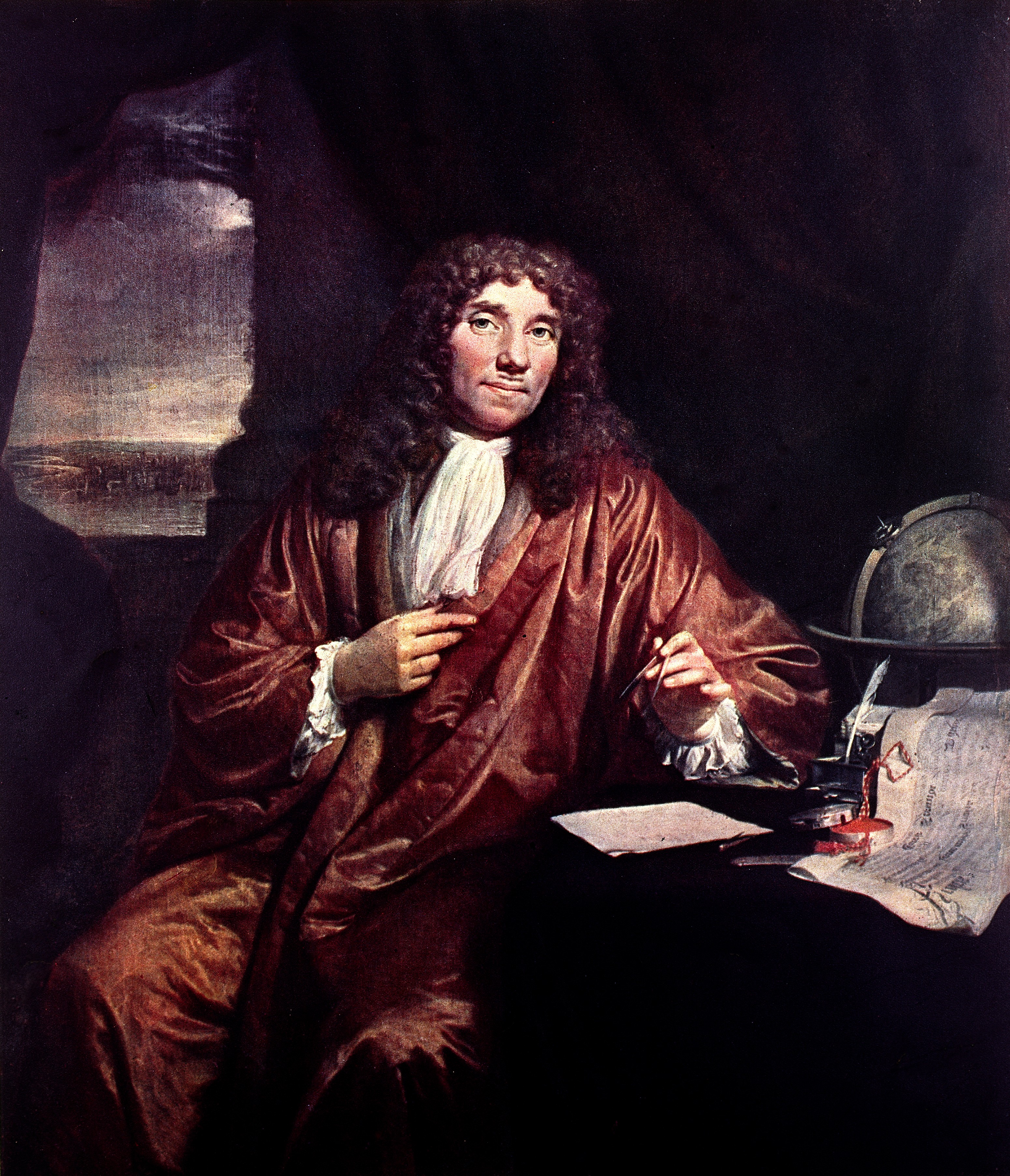Antonie van Leeuwenhoek, born on October 24, 1632, in Delft, Netherlands, is celebrated as the father of microbiology. His pioneering work in microscopy and his discovery of the microbial world laid the foundation for the field of microbiology, significantly advancing our understanding of the microscopic structures that are crucial to life.
Leeuwenhoek’s early life was not marked by formal scientific education. Born into a family of tradespeople, he initially pursued a career in textiles, becoming a draper. His professional involvement with fabrics sparked his interest in lenses, which were used to inspect the quality of cloth. Fascinated by the potential of lenses to magnify objects, Leeuwenhoek began experimenting with lens grinding and crafting microscopes.
Leeuwenhoek’s ingenuity led him to create single-lens microscopes of extraordinary quality, achieving magnifications far superior to those of his contemporaries. His microscopes were simple yet effective, consisting of a tiny, high-quality glass bead mounted between two metal plates. These instruments could magnify objects up to 270 times, allowing Leeuwenhoek to see details unseen by others at the time.
In 1674, Leeuwenhoek made his first major discovery by observing what he called “animalcules” in a sample of pond water. These “animalcules” were microorganisms, and Leeuwenhoek was the first to describe bacteria, protozoa, and spermatozoa, among other microscopic entities. His detailed observations included descriptions of the movement and structure of these organisms, marking the first time humanity had encountered the microscopic world.
Leeuwenhoek’s meticulous records of his observations were sent to the Royal Society of London, where they were initially met with skepticism. However, his findings were eventually verified by other scientists, including Robert Hooke, and published in the society’s journal, “Philosophical Transactions.” This validation led to Leeuwenhoek’s recognition as a pioneering scientist in the field of microscopy.
One of the most notable aspects of Leeuwenhoek’s work was his use of various sources for his samples. He examined everything from rainwater and blood cells to the plaque scraped from his own teeth. His observations of dental plaque revealed the presence of bacteria, which he described in great detail. Leeuwenhoek’s discovery of sperm cells in 1677 provided critical insights into human reproduction, although his interpretation of their role was limited by the scientific understanding of the time.
In addition to his biological discoveries, Leeuwenhoek made significant contributions to the understanding of the structure of various materials, including muscle fibers and the crystalline nature of minerals. His curiosity led him to explore a wide range of subjects, and his observations laid the groundwork for the development of cell theory and microbiology.
Despite his groundbreaking work, Leeuwenhoek remained humble and never sought formal recognition or academic positions. He continued his observations and correspondence with the Royal Society until his death on August 26, 1723. His dedication to his craft and his refusal to share the exact methods he used to create his lenses added a layer of mystery to his legacy, though this did not diminish the impact of his discoveries.
Antonie van Leeuwenhoek’s contributions to science extended far beyond his lifetime. His meticulous documentation and innovative techniques revolutionized the study of biology, providing the first glimpses into the microscopic world. His work paved the way for future scientists to explore the complexities of life at the cellular and molecular levels, fundamentally transforming our understanding of biology, medicine, and the natural world.
Leeuwenhoek’s legacy as the father of microbiology is a testament to the power of curiosity and perseverance in scientific inquiry. His discoveries remind us of the vastness of the unseen world and the profound impact that one individual’s observations can have on humanity’s collective knowledge.
